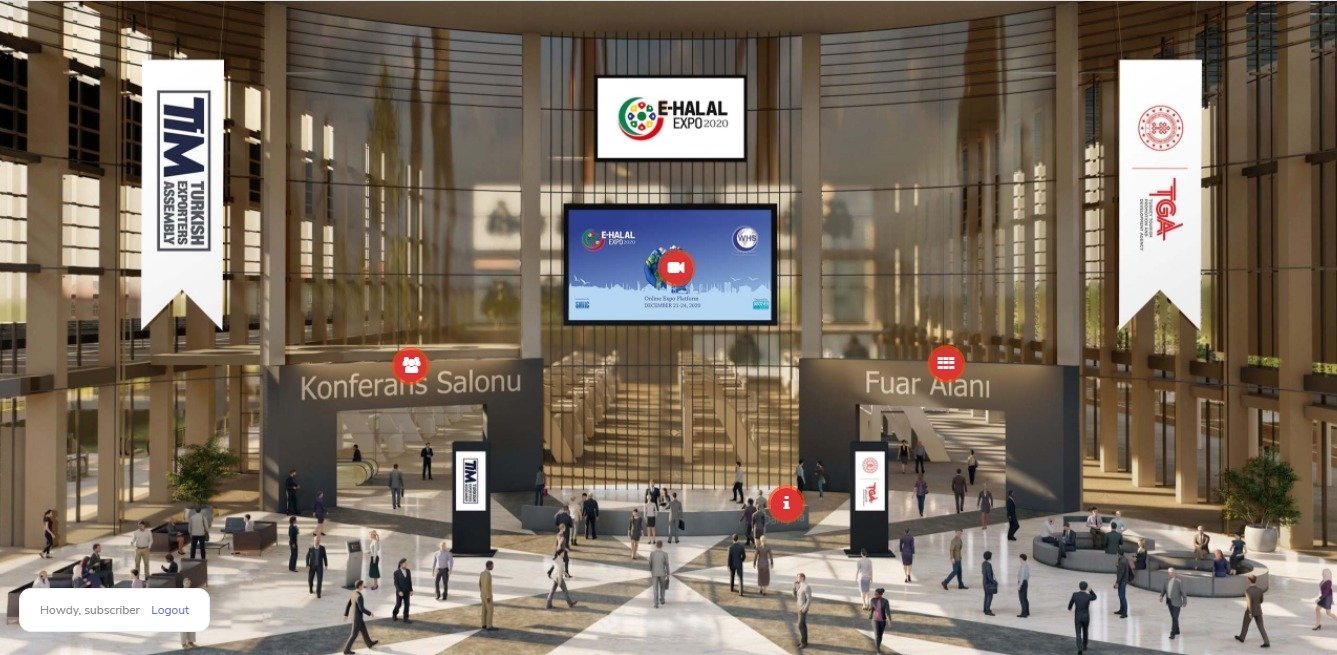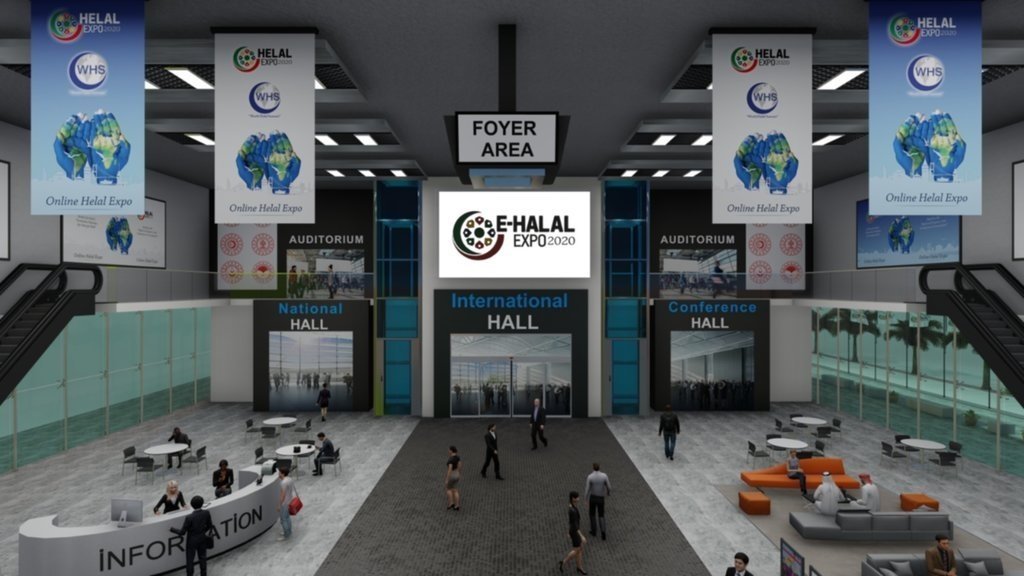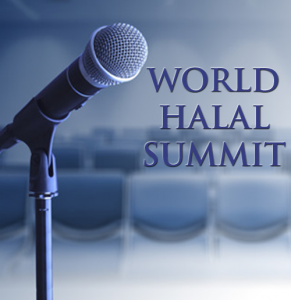The world’s first virtual halal fair, E-Halal Expo, ended on Wednesday after it was earlier extended by a week due to high demand.
The event offered a wide platform for visitors, traders, buyers, halal sector pioneers and investors from all over the world to promote their work, products and services.
Its main media sponsor was Daily Sabah.
Held on the website, www.e-halalexpo.com, the expo was attended by 50 companies operating in the fields of food and beverage, cosmetics, hospitality, pharmaceuticals and health, tourism and health tourism, finance, media, textiles, modest clothing and technology, a press release said.
It attracted great attention with the participation of 4,500 virtual visitors and participants from 55 countries.
The event was initially planned to last four days from Dec. 21 to Dec. 24 but was extended by one week to Dec. 30 thanks to the high demand.
Yunus Ete, the chairperson of the organizing company, Discover Events, said that they have developed a “national online events platform” that breathes new life into the form of trade in order to contribute to the economy despite the coronavirus outbreak.
“We have been serving in the fair sector since 2006. Fair companies always have to be the first to apply futuristic approaches. It is important to adapt to all kinds of developments that will attract interest and benefit participants and to create a solid international business platform,” Ete noted.
The platform allowed commercial visitors to meet and interact with their customers via various interaction options such as Skype, WhatsApp and Zoom.
The E-Halal Expo included the main fairground, exhibition halls, realistic stands that could have been visited in 360 degrees and network and conference areas.
Ete has said the event showed how important it is to access halal food, products and services in today’s world where health and nutrition are more important than ever.
He noted that the halal-certified products and services are preferred by not only Muslim consumers but also non-Muslims who want to find healthy and reliable foods.
The market size of the Islamic economy, which was $2.1 trillion, according to 2018-2019 data, is expected to reach $3 trillion in 2023, Ete said.
Islamic finance has a $2.4 trillion market share, while halal food is valued at $1.3 trillion, halal tourism at $177 billion, modest fashion at $270 billion, halal media at $209 billion, halal medicine at $87 billion and halal cosmetics at $61 billion.




